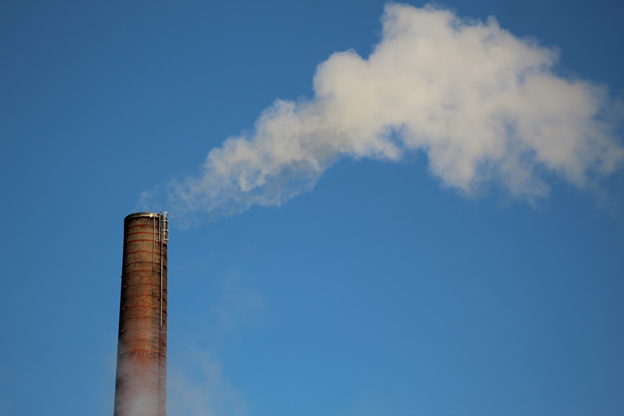The Effects of Poor Air Quality
Feb 19th 2020
How to Protect Your Home from Air Pollution
Air. It surrounds us, invisible, and essential to life. When breathing is easy, it’s hard not to take the air we breathe for granted. Like the food we eat, and the water we drink, the air we breathe can directly impact our health. Though there are many ways poor air quality can negatively affect your health, the quality of these transformative components are often ignored until it’s too late.
For decades, air quality in the United States has been improving. Unfortunately, according to the EPA, some of that progress has been lost in recent years. Even so, when compared to the 1980s, air pollution has improved remarkably. Many complex variables contribute to air pollution, from man-made pollutants to contamination from wildfires, the latter of which are increasing in frequency and duration. While it’s important to support legislation and movements that aim to improve the amount of air pollution, these changes can’t happen overnight. It is vital to understand how air pollution can affect your health and body, and learn how to limit exposure.
A variety of respiratory and cardiovascular diseases have been linked to air pollution, along with other health problems. Polluted air can cause stress to your lungs by limiting their capacity, thus reducing the amount of oxygen being distributed to your body. This can lead to asthma, a lifelong disease of varying severity, and serious ailments such as cancer. Given their intolerance to harsh pollutants, children and elderly individuals have a higher risk of developing these issues. Still, everyone who breathes should be vigilant about protecting their health, especially those with pre-existing conditions. For example, those with heart disease or emphysema are vulnerable to air pollutants, and should be especially aware of their surroundings. The World Health Organization estimates that one third of deaths due to stroke, lung cancer, and heart disease are linked to air pollution.
Knowing a host of ailments can be attributed to pollutants, and seeing the direct impact of air pollution on human health is troubling, but unfortunately there are other lingering aspects of pollution to consider. Even when not directly linked to an ailment, poor air quality can exacerbate symptoms of chronic health issues and diseases like diabetes. Pollutants can affect pregnancy, leading to premature births, low birth weight, or issues with neurodevelopment.
Reducing air pollution is a daunting task in all areas. Even if a region makes a change today, it may take years before the positive effects become meaningfully felt. Fortunately, improving the air quality within the confines of your home is a much easier problem to overcome. One obvious effort you can make toward better air quality is to simply keep your home clean. Dusting and sanitizing surfaces like tables, counters, counters, cabinets, door frames and ceiling fans can greatly reduce particles and impurities. Developing and practicing your green thumb by keeping houseplants can purify the air you breathe, and act as a living filtration system. For an immediate impact, check your air filter! The entire purpose of an air filter is to remove irritants and particles from the air within your home, and getting behind on changes not only affects the stress on your HVAC system, but the air quality in your home.
As one of the greatest silent threats to human health, air pollution is something everyone should be aware of within their surroundings. Poor air quality can’t be improved overnight, so always be mindful of your own personal health. Taking appropriate steps to improve the air you breathe can be very helpful in reducing the harmful effects and symptoms of poor air quality, helping you lead a long and healthy life.





